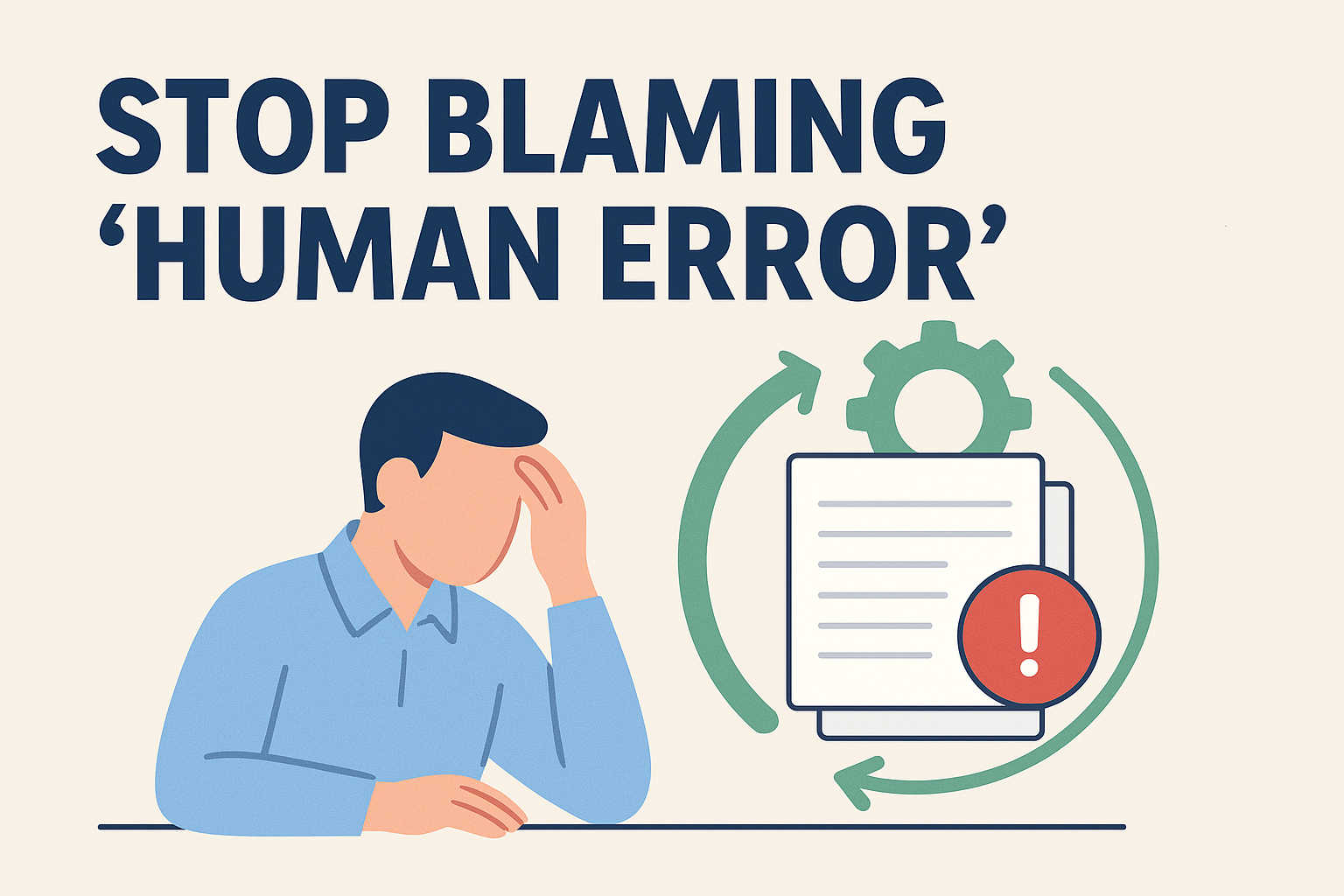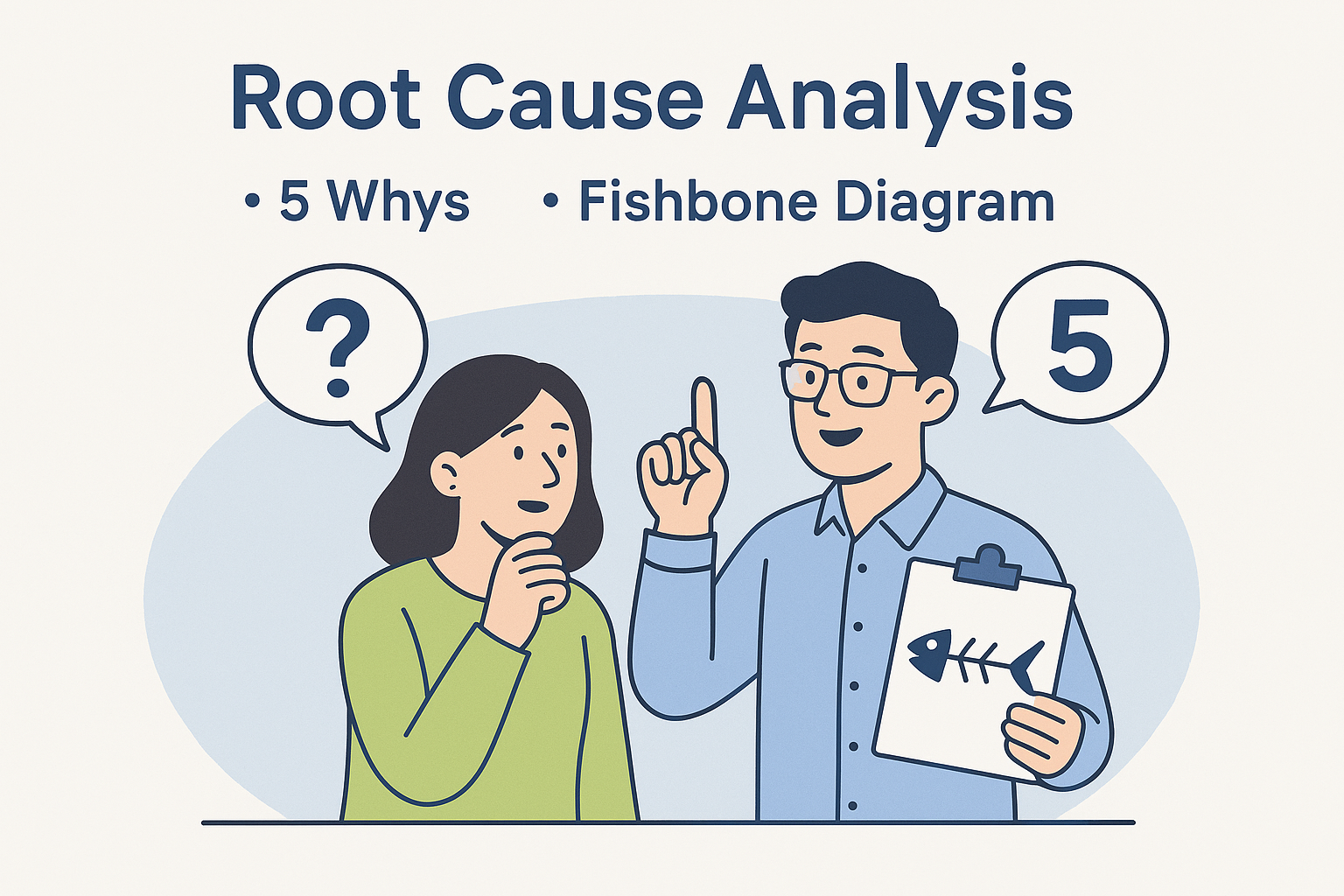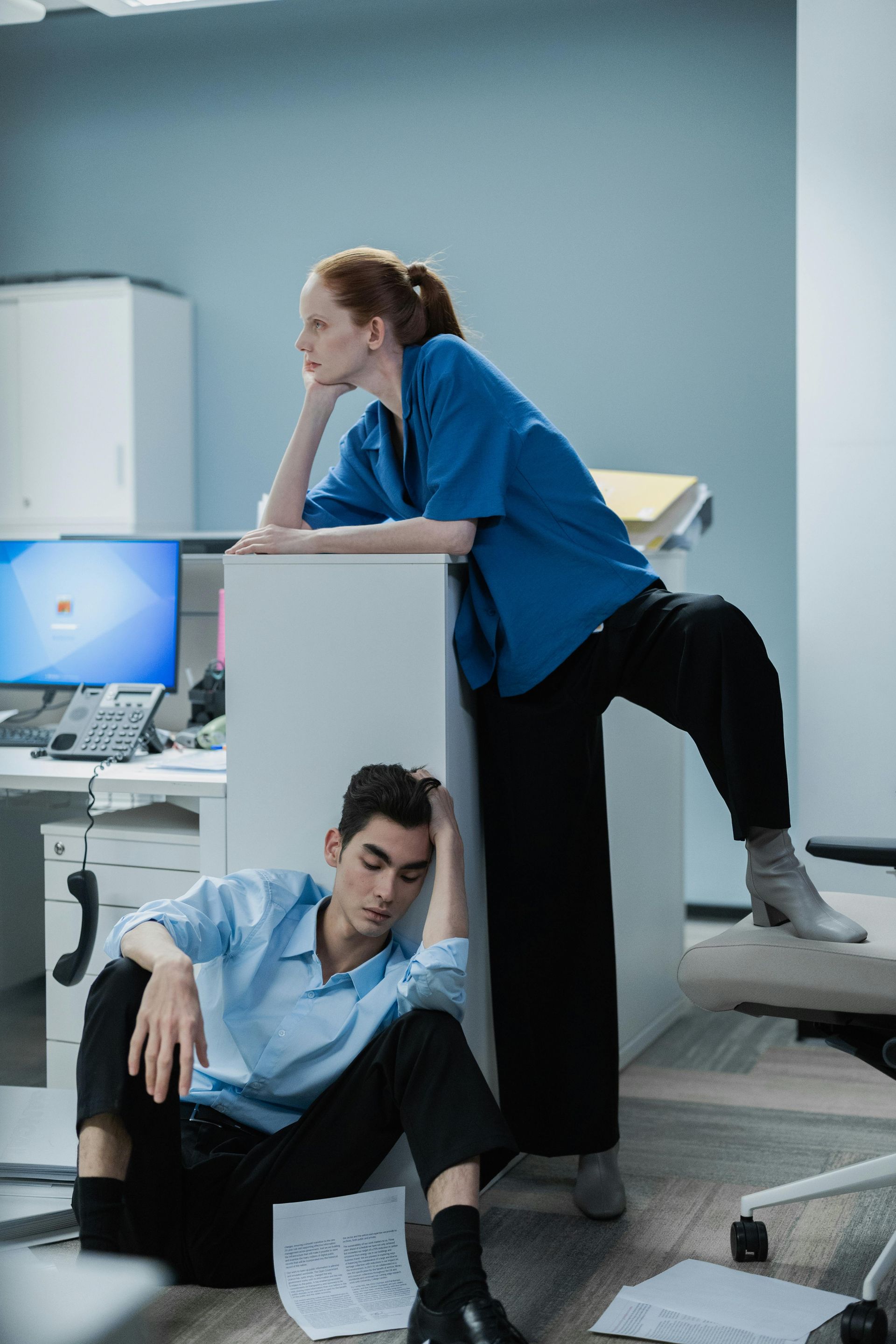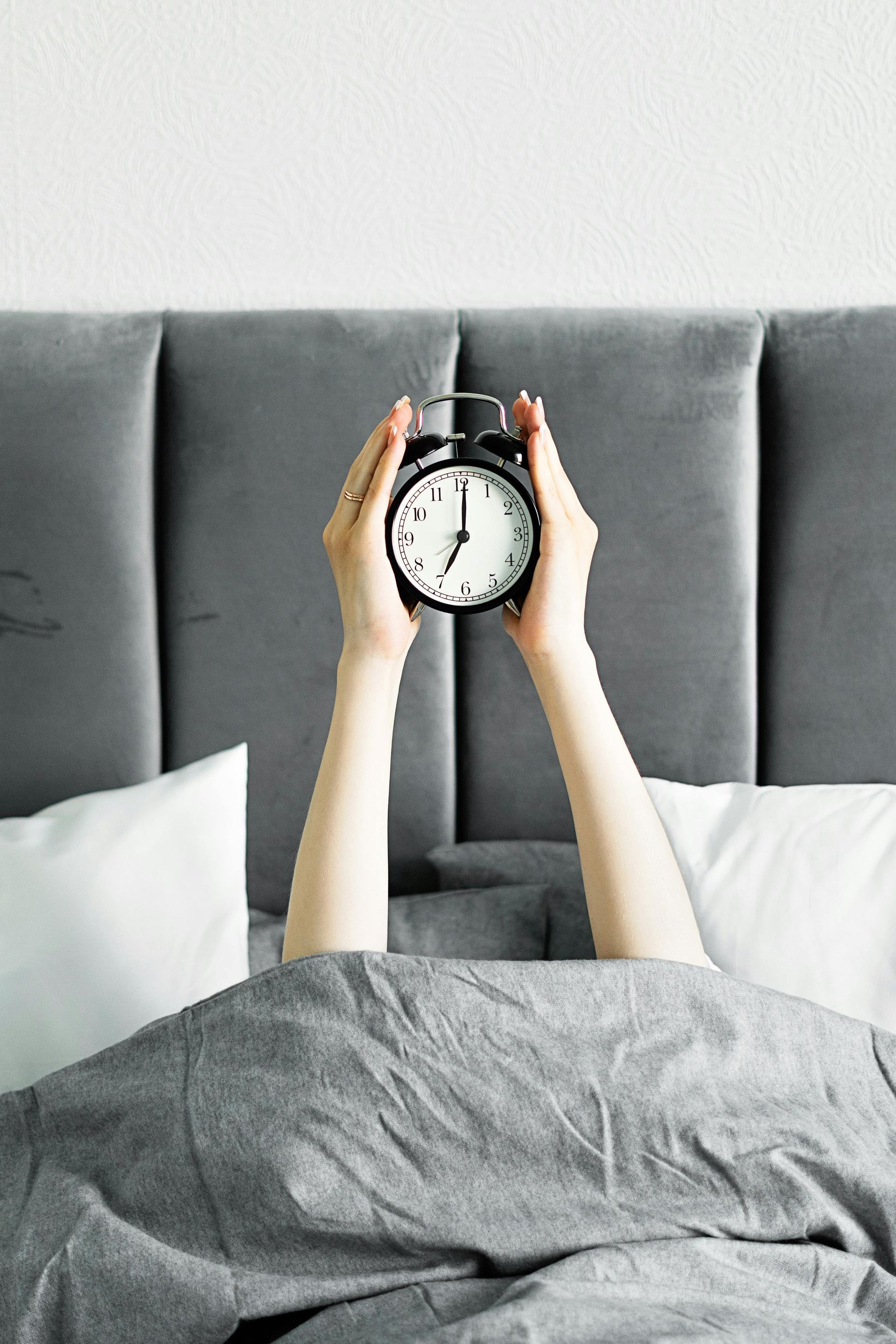Ever found yourself mindlessly scrolling for hours, only to realize you’ve lost half the day? You’re not alone. Social media is designed to keep us hooked, and while it has its perks, it can also turn into a serious addiction. Let’s dive into why we can’t stop scrolling, the downsides of overuse, and, most importantly, how to regain control.
Why We Get Hooked on Social Media
1. The Dopamine Effect – Why Social Media Feels So Good
Whenever you get a like, comment, or new follower, your brain releases dopamine, a “feel-good” chemical. This makes you associate social media with instant rewards and creates a loop—keep checking, keep posting, keep coming back. Over time, your brain starts craving these digital rewards like an addiction. Real-life comparison? It’s kind of like gambling. The thrill of winning (getting a like or comment) keeps you coming back, even when you don’t win every time.
2. Fear of Missing Out (FOMO)
Social media moves fast. If you step away for a day, it can feel like you’ve missed something important—a viral trend, breaking news, or an inside joke between friends. This fear drives people to constantly refresh their feeds to stay in the loop. Imagine missing an exciting group chat conversation. That uneasy feeling? That’s FOMO, and social media amplifies it by making everything seem urgent.
3. Social Validation & Approval
We love recognition. Posting selfies, achievements, or thoughts online gives people a way to seek approval—through likes, comments, and reactions. Each positive interaction makes us feel valued, but it also trains us to depend on external validation instead of internal confidence. The downside? If a post doesn’t perform well, it can lead to self-doubt or even make people delete it to avoid embarrassment. Social media turns into a scoreboard for self-worth, which isn’t healthy.
4. Personalized Algorithms– Why You Can’t Stop Scrolling
Social media feeds are custom-tailored to keep you engaged. Algorithms analyze what you like, comment on, and watch—then deliver content you’re most likely to enjoy. That’s why your feed feels perfectly suited to your interests, making it tempting to stay longer than you planned. Ever opened TikTok “for five minutes” and suddenly an hour passed? Yep, that’s the algorithm working perfectly.
5. Endless Scroll Feature – No Natural Stopping Point
Unlike a book or movie, social media never ends. Once you reach the bottom of your feed, new content loads instantly, keeping you hooked. Without a clear stopping point, your brain struggles to recognize when it’s time to log off. This is why platforms like Instagram and TikTok removed timestamps on posts—you can’t tell how old something is, so you keep scrolling like it’s new.
How This Affects Us
Now that we know why we can’t put our phones down, let’s talk about how it affects us long-term. It might seem harmless at first, but too much screen time can seriously impact mental, emotional, and physical health.
Mental Health Struggles
Constant exposure to filtered, perfected versions of people’s lives makes it easy to compare yourself. Seeing others traveling, achieving milestones, or looking flawless can lead to low self-esteem and feelings of inadequacy. Studies have linked excessive social media use to increased anxiety and depression, especially among younger users. Example? Imagine seeing influencers with perfect bodies while struggling with body image issues. That can easily make someone feel worse, even though those photos are heavily edited.
Lost Productivity - How Social Media Wastes Hours
Ever planned to check notifications for just a minute, then found yourself deep in meme territory half an hour later? Social media is a huge productivity distraction. It interrupts focus, reduces work efficiency, and causes procrastination. Studies show that workplaces lose billions in productivity due to social media distractions. The same applies to students struggling to concentrate while studying.
Disrupted Sleep Patterns – The Late-Night Scroll Trap
Blue light from screens tricks your brain into thinking it’s daytime, preventing the natural release of melatonin (the sleep hormone). If you scroll before bed, it becomes harder to fall asleep and stay asleep- leading to chronic fatigue. Many people wake up and check their phones before anything else, which reinforces the cycle of addiction.
Weakened Real-Life Relationships – Less Face-to-Face Interaction
Ever noticed how some people struggle to hold conversations in real life because they’re so used to texting? Excessive social media use reduces real-world communication skills. It can also affect relationships—people often pay more attention to their phones than the person sitting across from them.
Physical Health Risks – Eye Strain, Poor Posture & Sedentary Lifestyle
Looking down at your phone for hours hurts your neck, causes eye strain, and encourages a sedentary lifestyle. Long-term screen addiction can even lead to back problems and obesity due to lack of movement.
How to Break Free from the Scroll Trap
- Set boundaries: limit screen time, turn off notifications.
- Try CBT techniques to replace scrolling habits.
- Engage in offline hobbies like hiking or cooking.
- Seek support if addiction impacts your life.
Final Thoughts
Social media is great, but when it starts controlling us instead of the other way around, it’s time to step back. By setting boundaries, prioritizing real-life interactions, and finding offline activities, we can enjoy social media without becoming addicted to it.




















